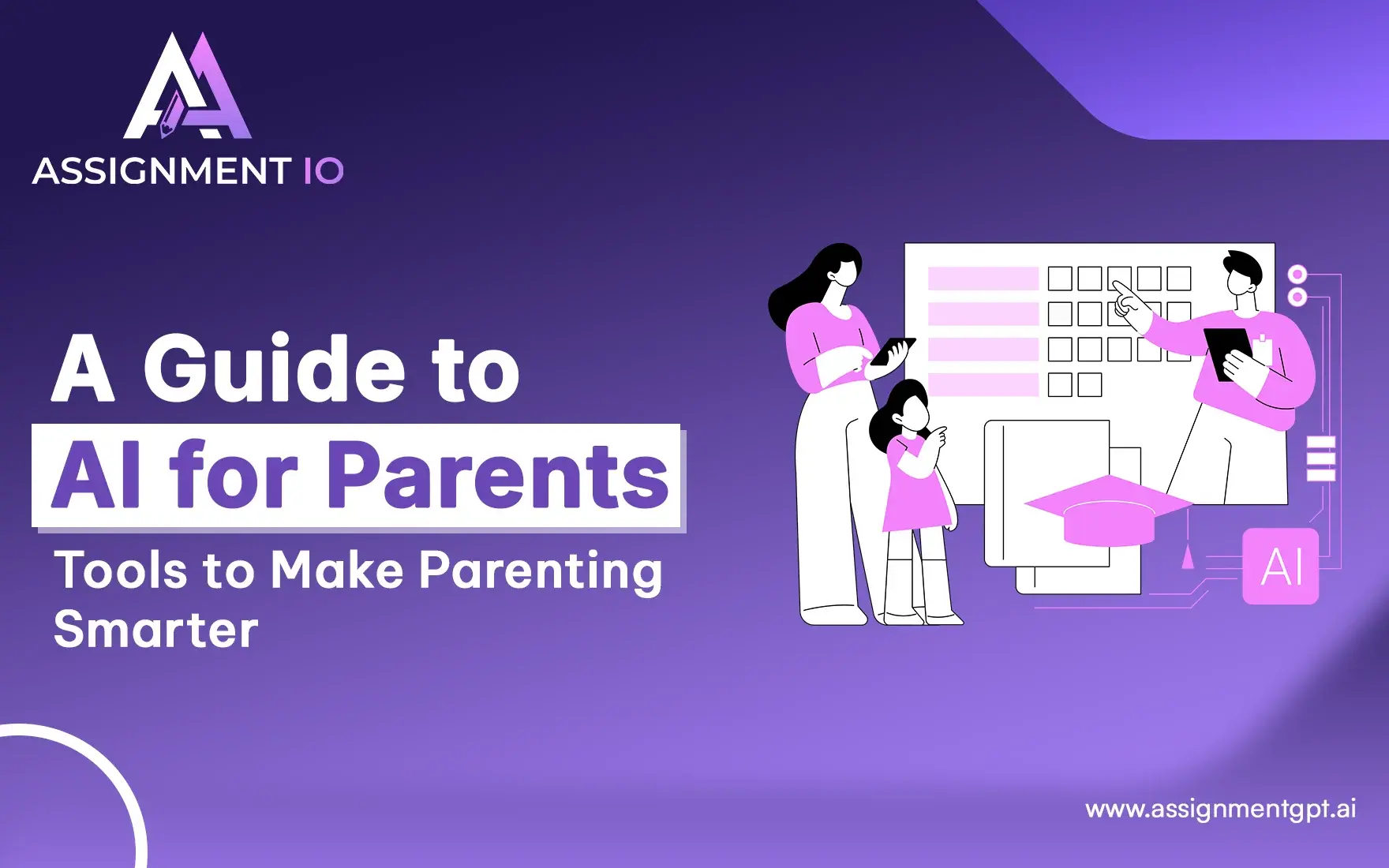A Guide to AI for Parents: Tools to Make Parenting Smarter

Kevin Gohil
Parenting in the digital era means new challenges and new and unexpected opportunities. With the rise of artificial intelligence, parents are wading through uncharted waters, grappling with the risk of its use and ensuring they are effectively managing technology, education, and family time. The launch and popularity of AI tools mean that support for the modern parent has never been greater, ranging from educational help, safety monitoring, and home management. Knowing what technology exists and how to engage with it to your benefit will enhance a parent's experience with family, making it more efficient, informed, and ultimately more satisfying for parents and kids alike.
Quick Summary
This thorough guide details the life-changing possibilities of AI for parenting in today's world. We will unpack what AI means for parents, why parents must understand these technologies, and how a variety of AI tools can be of help to busy families. Whether applying AI tools for homework help, safety monitoring, AI will bring practical solutions that will support more effective parenting while allowing parents to focus on what truly matters, raising healthy and happy children in a digital age.
What Is AI for Parents?
AI for parents includes a wide range of artificial intelligence-powered tools and applications that are designed to support parents and to help with child rearing and family management. These capabilities use machine learning, natural language processing, and predictive analytics technology to provide personalized support, educational assistance, safety monitoring, and organizational support.
AI-powered tools for parents are not generic AI-powered applications. These tools are developed with an understanding to address the context of families. They analyze the complexities of child development, educational needs, safety concerns, and the constraints of a modern parent’s time. Their ability to study patterns in a child’s behavior, learning style, and developmental milestones allows them to provide customized recommendations and support.
AI for parents can range from educational assistants that help children to accomplish homework or educational tasks, to safety applications that help to monitor their online activities, to organizational apps that assist in managing family schedules and calendars, or even behavioral analysis tools that help parents understand their child’s emotional and developmental needs. This technology is not intended to replace the persuasive judgment or transact the parental space of involvement, but rather to allow parents to amplify their parenting skills by providing opportunities to inject or adopt additional data and use automated assistance where appropriate.
Why Should Parents Understand AI?
Being AI-literate is no longer discretionary for parents; it is mandatory for the realities of raising children today. Children are the first true digital natives, and AI systems such as voice assistants, educational apps, and streaming entertainment platforms are present in many aspects of the daily lives of children throughout the globe. Parents who grasp these technologies are empowered to manage their child's interactions and activities in relation to their technology use.
AI knowledge grants parents relevant insight into the opportunities and risks associated with their influence and role as signposts for their children's lifestyle. AI presence can enrich children's educational experience and provide additional safety and supervision, but it also raises serious concerns in regards to safety, security, privacy, data collection, and maintaining a balanced lifestyle when using technology. Astute parents can determine what tools are applicable for their families, and how they can integrate them into their children's lives in a safe manner that is grounded in supporting positive growth and development.
Also, AI literacy will empower parents with the knowledge to be better prepared in fostering learning opportunities for their children. By learning about these technologies themselves, parents will be able to teach their children the skills to critically evaluate AI, help them create healthy relationships with technology, and make sure they have the skills they need to be successful in careers in a future where AI will likely play a major role.
AI is progressing so quickly that if parents do not make an effort to actively learn about it, they may not be able to protect their children and help support their development. Learning about AI is not about becoming a technician; it is about learning enough about AI to make informed decisions as parents in a digital world.
Benefits of Artificial Intelligence for Busy Parents
Even in the very best of situations, parents today face competing demands caused by juggling work and personal obligations, navigating chores, supporting their child's education, and fostering quality family time. AI may provide significant advantages that can help busy parents keep these competing demands in balance.
The benefits of AI mentioned above are probably more pronounced in the domain of time management. For example, AI can help with scheduling by integrating family calendars, reminding families of important events, and suggesting when to have family activities based on everyone's schedules and preferences. Each of these AI tools builds on the concept of learning about family patterns and an appreciation of what is needed, which relieves parents of the mental burden of remembering these items or anticipating these needs.
Another way AI can support busy parents is via the development and use of AI-powered homework helpers and tutoring systems. These systems allow busy parents to offer their children extra academic support, even when they can not be right there with them. Current AI systems can model learning styles, give instant feedback, and demonstrate the areas in which a child may need additional support, all of which help parents ensure that educational continuity is being provided irrespective of their availability.
With AI-enhanced parental control systems that monitor online behaviors, parents have access to an extra layer of safety monitoring that captures and evaluates patterns of online behavior, alerts parents about potential dangers, and informs them about inappropriate online behavior. They're 24/7 monitoring your child's potential risk to further relieve a parent who may not always check on a child's device usage.
Personalized activity, education, and growth recommendations provide parents with insights to assist them in development and enrichment decisions. AI systems can assess developmental milestones, interests, and patterns of learning to formulate and provide age-appropriate suggestions for activities, resources, and other appendages that support optimal development.
How Can You Begin Using AI Today?
You don't need any technical know-how or be an expert parent to begin using AI. You don't even need to spend any money! Think about the issues you encounter regularly in parenting and take the time to research AI Social Technologies addressing that specific issue. Some common examples of parenting issues where AI can provide a solution are supporting children's homework, managing screen time, or general family organization. The good news is, if you can think of a common parenting issue, there's likely an AI technology, with social implications, that could address it.
You should begin with one tool or take the time to implement several. You don't want to mix several AI systems first and lose sight of how the technology works or how it has helped you, and as a parent, you want to make sure it meets your family's routines before you add more.
Do thorough research before you move away from any AI tool, especially any tool involving children's data surrounding their online experiences. Pay close attention to the privacy policies; understand how your data will be collected and used, and what it will collect. Does the tool pass your family's safety/privacy test? Look for tools that provide visible algorithms that explain the changes they make for you, because they have taken the time to explain how they are making an effective decision, which is a bonus.
Use free or trial versions (if available) to avoid the financial commitment and to test the tools' compatibility with your family's needs. Many AI parenting tools will give introductory periods to allow you to test their worthiness without upfront cost.
Involve your children where appropriate. Explain how AI tools work, why you are using them, and what their purpose is. When children understand the context, they are likely to cultivate a healthy relationship with technology and AI tools. They will learn about AI as a tool in their lives.
Must-Have AI Tools for Parents
Many types of AI tools can help modern-day parents. Educational AI assistants are helpful when tackling homework, providing tutoring, and customizing to a child's learning style. Using these educational AI tools can assist kids and parents in understanding more complex material, and enable the child to practice learning and/or track their learning over time.
There are family organization AI tools that can help parents with scheduling, activities, and share reminders for important dates. This type of AI can learn family routines and help anticipate tasks or activities that will need to be completed. These AI tools can help a family be better organized by reducing the chance of missing an appointment or forgetting a commitment.
The safety and monitoring type of AI tools can analyze online behavior for children, identify risk, and provide alerts regarding concerning behaviors when they are discovered. These tools operate continually to enforce online safety for children, and give parents insight into children's digital behavior.
Communication and language development tools can serve as a resource for children to develop their writing, vocabulary, and communication skills using AI-assisted feedback and suggestions. These tools adapt to the individual skill level of the child and offer individual guidance to facilitate improvements.
Health and wellness monitoring tools can measure a child's movement, sleep behaviour, and wellness in general, providing information to enable parents to better support their child's health and development. Some tools may even offer early warning by identifying other potential health issues.
AI Homework Helper for Kids: What to Consider
AI homework helpers are one of the most common functional uses of AI in education. These tools can offer help with any subject instantaneously, break down complex concepts in an age-appropriate way, and cater to individual student learning pace and style.
When using an AI homework helper, the most important consideration is whether or not the tool sparks learning, rather than simply providing answers. The best AI tutors will guide students through a problem-solving method, ask questions for clarification, and provide explanations that lead children to comprehend underlying concepts, rather than just finishing assignments.
Data security and privacy are factors to keep in mind when using an AI homework helper. Before settling on an AI homework helper, ensure it has adequate safeguards for privacy, especially when it comes to student data and learning patterns. Look for AI homework helpers that explain their data collection and use practices and that have an explicit privacy policy.
The integration with district or school curricula is another consideration to think about. There are AI homework helpers that work particularly well if the tool is integrated with a specific standard set, curriculum, or the standards directly, to reinforce classroom learning. Be aware of what grade level and academic subject the AI homework helper supports.
Be sure to keep an eye on how much your child relies on the AI homework helper so that they are still developing independent learning skills, rather than falling into a technology-dependent pattern. The ultimate goal of using AI as a homework helper should be providing learning and understanding, not neglecting critical thinking and intellectual effort!
Is AI Safe for Kids?
The dangers of AI tools for children largely depend on the design, implementation, and monitoring of development. Above all, a good AI tool for children should have safety features that could include content filtering, privacy provisions, and interactions appropriate for the age of the children using them. Nonetheless, parents should remain attentive to their children's interactions with AI.
Data privacy is a top safety issue. Children's data is especially sensitive, particularly if the AI tools access and collect data related to a child's learning, behaviour, or personal information. Parents must know what data is collected, how the data is used, and to whom the data could be made available.
Content safety is another primary consideration. An AI tool needs to have appropriate filtering or monitoring so children are not exposed to inappropriate content or interactions. Good signs that a tool is safe for your child include content and filtering done for children, tools developed specifically for children, and appropriate safety features for the child's age group.
The concern about becoming too reliant on AI technology is a valid one. AI has the potential to offer great support, but children need to learn to think critically, solve problems on their own, and interact with real people. Parents need to keep an eye on the habits of use and ensure that AI tools are developmental and additive to human interaction and independent thought.
It is important to understand the transparency in decision-making from AI tools to help keep children safe. It is helpful for parents to learn about AI tools and also to understand how AI tools make recommendations or decisions for children, particularly in the context of education and behavior. AI tools that are able to offer some type of reasoning and explanation of their recommendations are usually safer and trustworthy than those tools that offer limited
Conclusion
AI can improve family quality of life, education, and children's safety. Whether it's helping with homework, tracking areas of improvement, or monitoring for danger, AI tools allow busy parents to better manage their responsibilities by ensuring their children have support and protection.
With opportunities to enhance parenting and family life, attention to privacy and safety, preservation of human connection, development of critical thinking, and an understanding that AI tools are enhancements, not replacements for engaged parenting and critical thinking processes, would be critical to successful implementations of AI in parenting.
Of the numerous AI platforms available for parent and student use, AssignmentGPT IO is by far the most complete platform for educational assistance. With its advanced AI features, learning methodologies, and refined safety protocols, AssignmentGPT IO offers parents a practical of ensure their children are not only supported in their educational goals while keeping their involvement and oversight in the learning progress. Its commitment to educational efficacy and child safety makes AssignmentGPT IO the best option for families that want to use new technology to better their educational progress.
AI will forever be in the language of parenting, as an ally to raise healthy, successful, and well-rounded children. Parents can equip themselves and their families with a reliable ally by understanding and responsibly utilizing these tools today.
FAQs
1: How young is too young for AI homework help?
A: There are AI homework helpers that can be appropriate for children over elementary school age, as long as they are appropriate for that age range and used under parental oversight. The important part is to make sure the AI is a supplement to learning and not just simply doing the work for the child.
2: Can AI parenting tools replace human judgment?
A: No, while AI parenting tools have such capabilities, it should never replace the parental role and responsibility of both guiding and engaging with decision-making about children's welfare and development. AI tools can supplement parental planning, and parents should always have an active role in their children's lives.
3: What are free or low-cost options that parents should consider for AI parenting tools?
A: Try free and low-cost options to see what works for your family. Many effective AI parenting tools are available at affordable prices currently. The amount parents should provide should be based on the benefit from the tool for their own family's needs.
4: Are AI parenting tools secure?
A: Security depends on the tool and provider. As a parent, you can research the provider's privacy policy, data security features, and reviews before implementing any AI tool. Use reputable providers that offer good privacy practices and documented security measures.
5: How can parents stop their kids from being dependent upon AI?
A: Parents need to establish clear, effective boundaries around AI use by their kids. Parents should encourage their kids to solve problems without AI with one another and keep regular accountability for their kids. AI tools can be thought of as sources for learning as opposed to sources for solutions. Parents can regulate and assess their kids' growth periodically to determine the best use of AI since supporting their kids' growth is the ultimate goal.
Latest Blog's
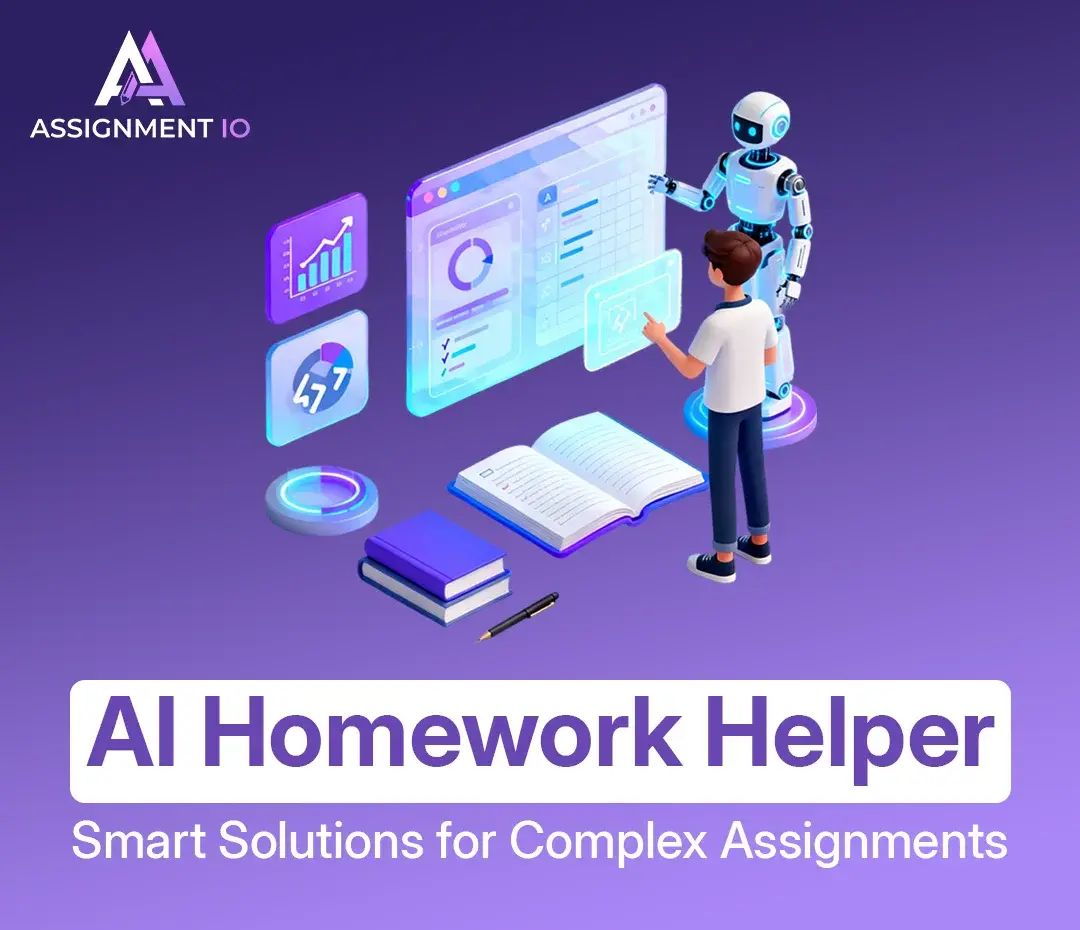
AI Homework Helpers offer fast solutions, personalized learning, and round-the-clock study support for students in every subject.

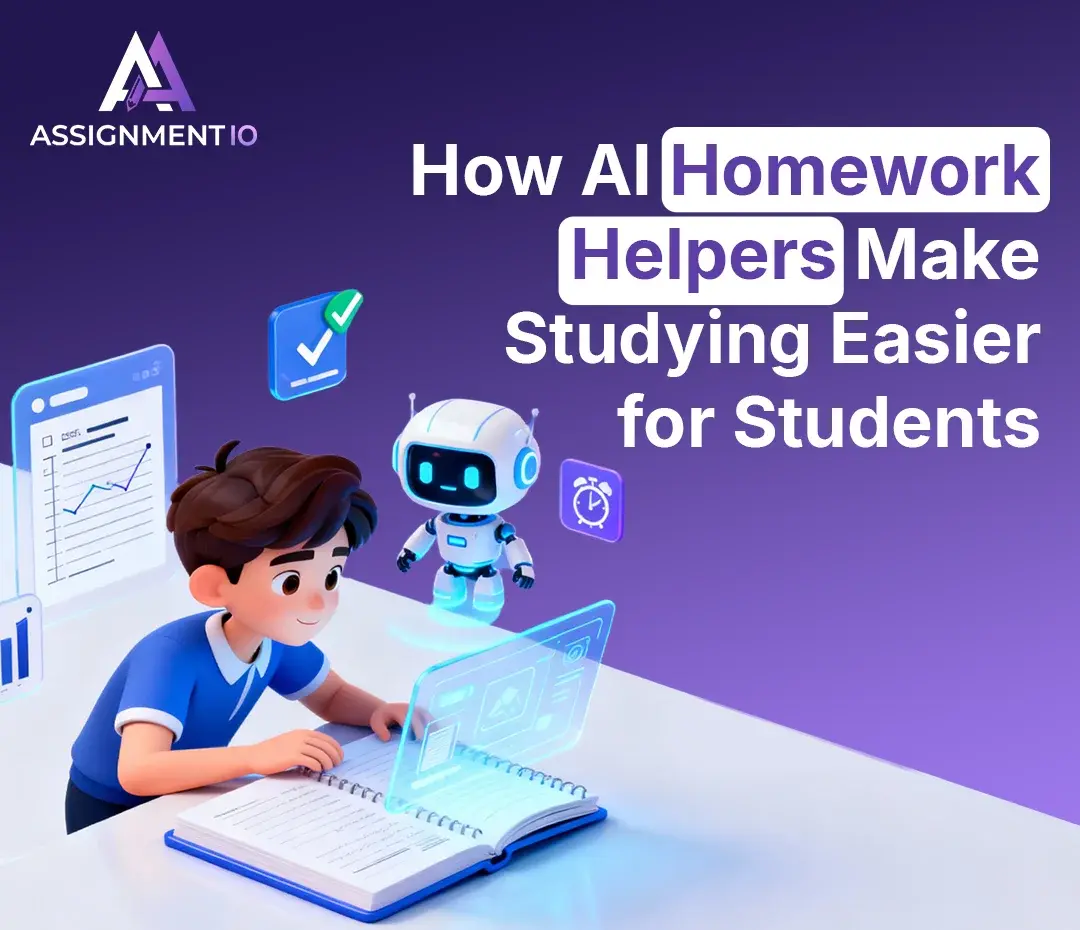
Master exams with superior scores and less study time. Step-by-step tips using ChatGPT, Khanmigo, and Quizlet.

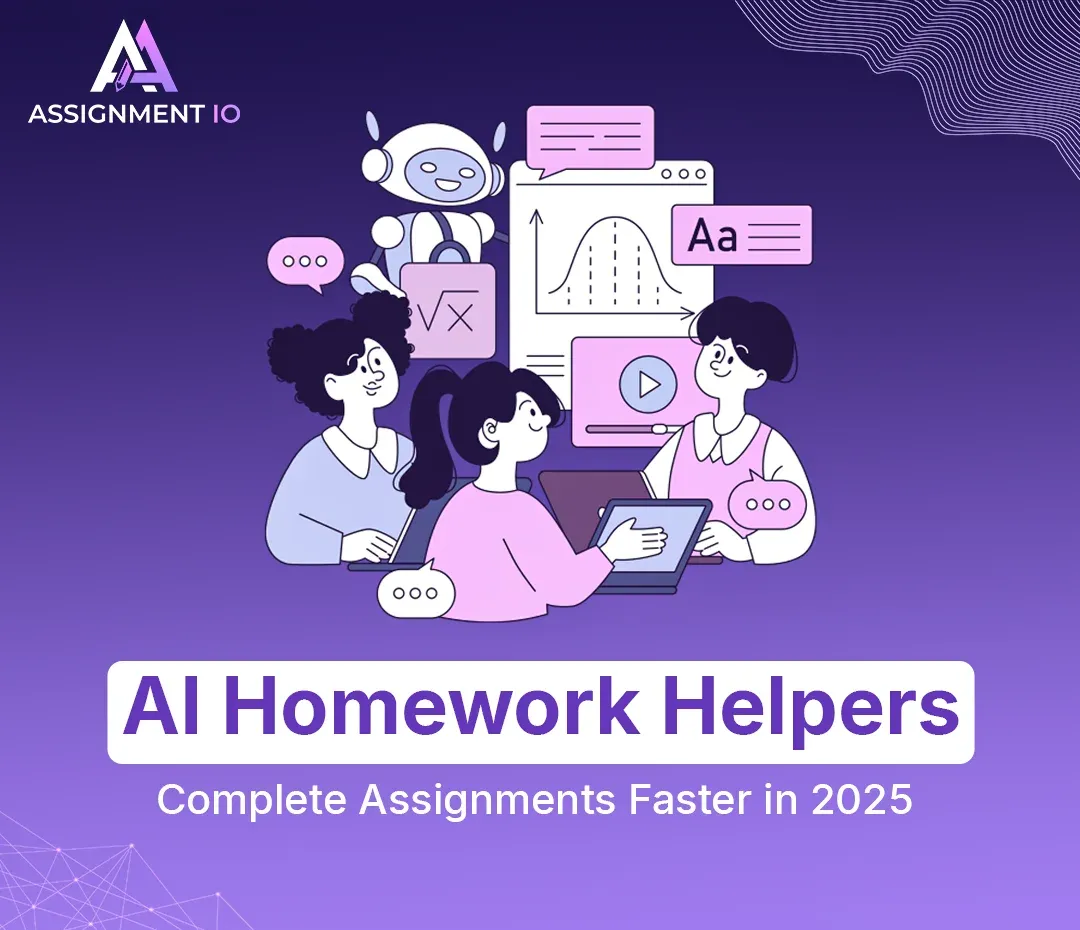
AI homework helpers streamline research, writing, and studying so students learn faster and complete assignments with less stress.

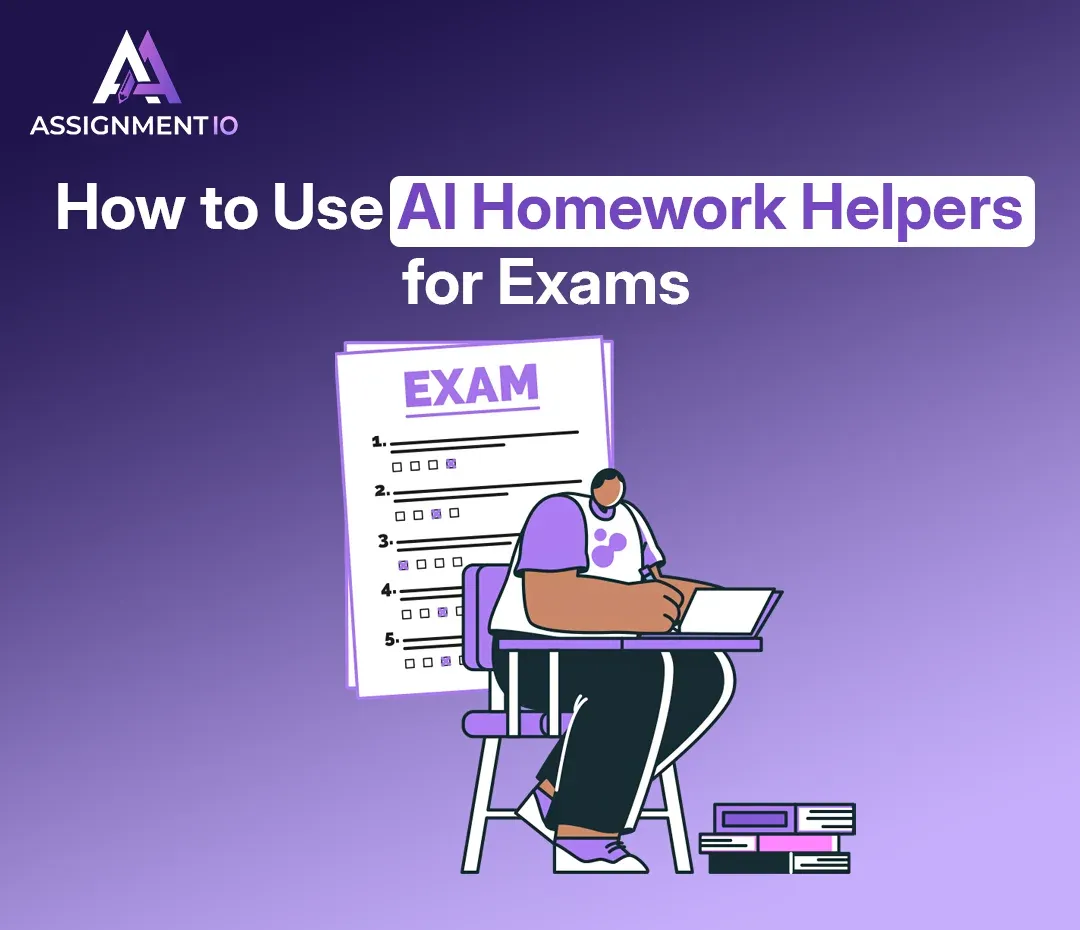
Master exams with superior scores and less study time. Step-by-step tips using ChatGPT, Khanmigo, Quizlet.

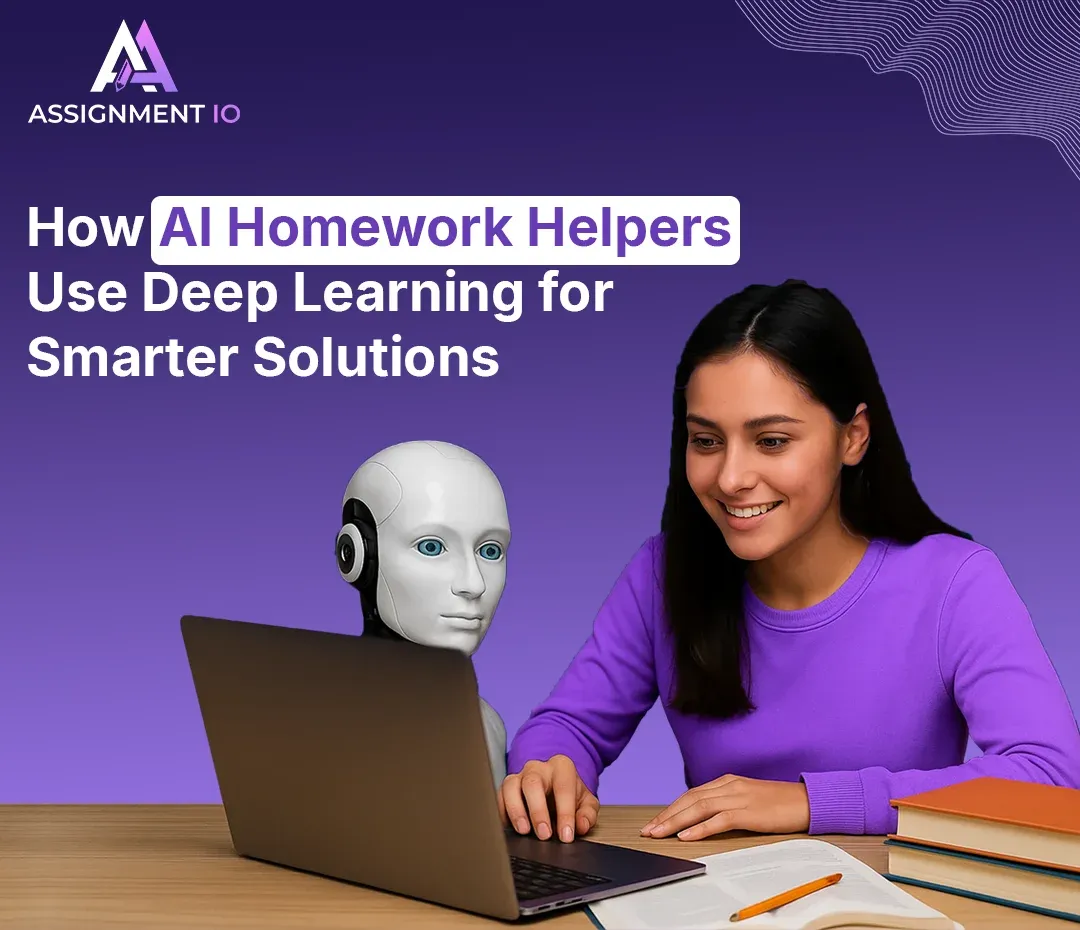
How deep learning makes AI homework helpers smarter, faster, and more personalized for students.

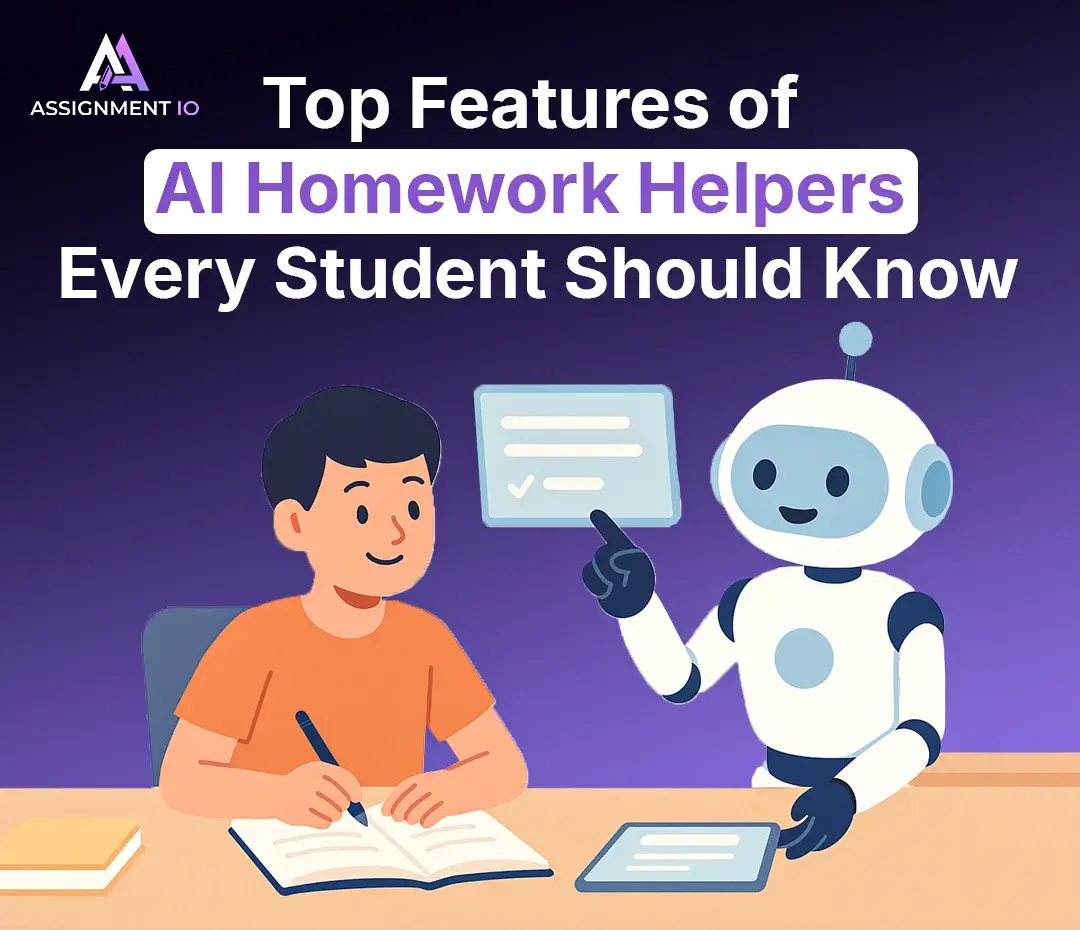
How AI homework helpers save time, boost learning, and provide personalized study support.

